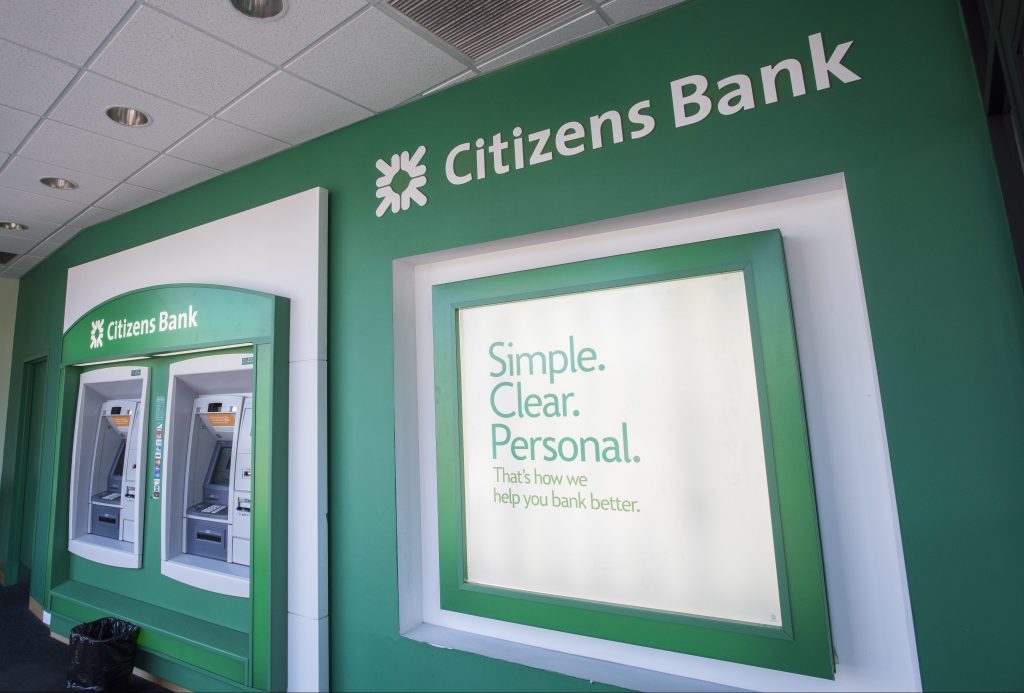Citizens Bank, one of the largest US regional banks, will pay a $9m civil penalty to resolve charges it mismanaged customers’ credit card disputes and fraud claims, the Consumer Financial Protection Bureau (CFPB) said on Tuesday.
“Federal law provides important rights to credit cardholders when disputing transactions and resolving billing
Register for free to keep reading
To continue reading this article and unlock full access to GRIP, register now. You’ll enjoy free access to all content until our subscription service launches in early 2026.
- Unlimited access to industry insights
- Stay on top of key rules and regulatory changes with our Rules Navigator
- Ad-free experience with no distractions
- Regular podcasts from trusted external experts
- Fresh compliance and regulatory content every day












